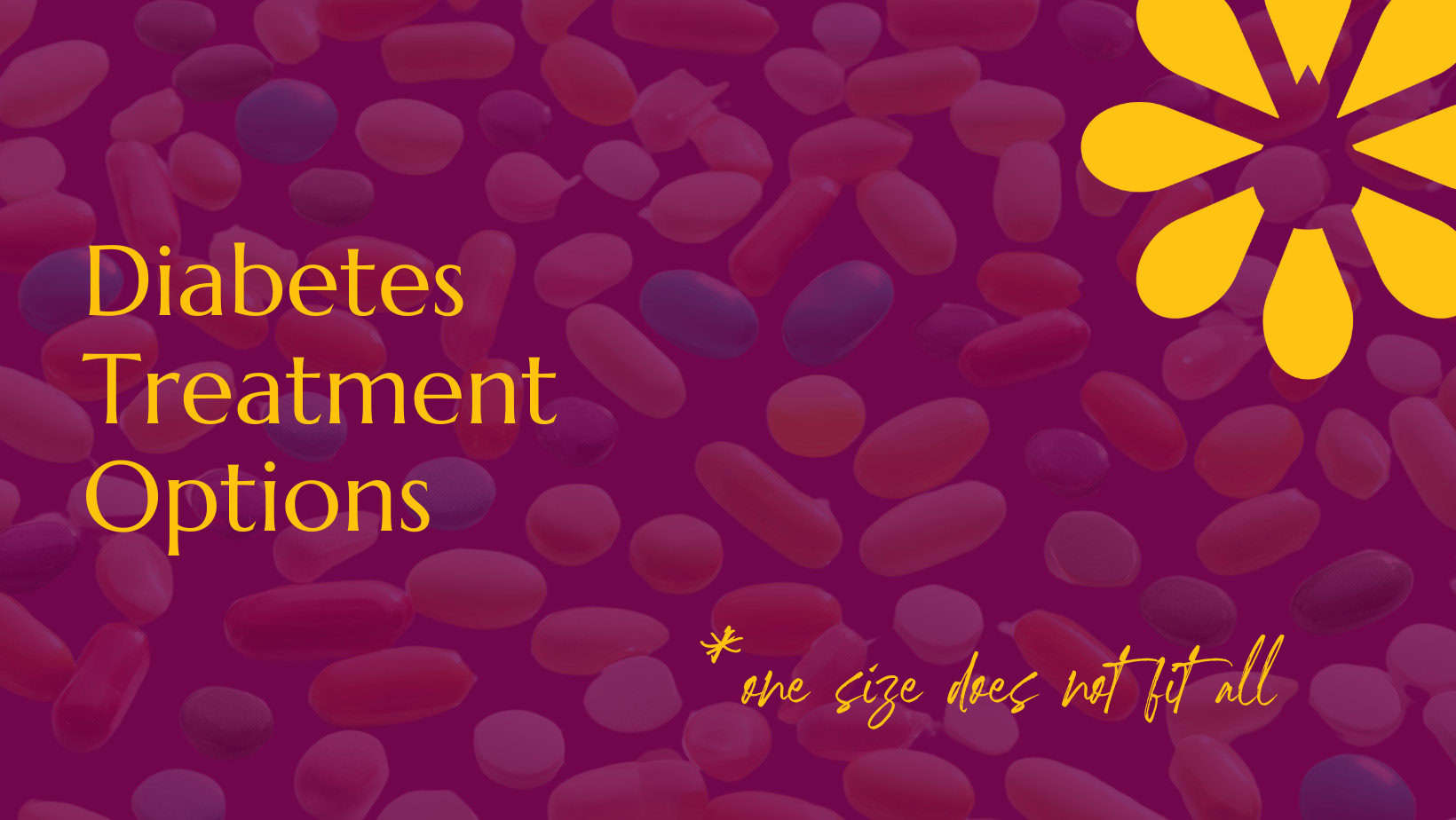Diabetes management isn’t just about cutting carbs and taking medication—it’s about finding the right balance that works for your body and lifestyle.
Whether you’ve been recently diagnosed or have been managing Type 1 or Type 2 diabetes for years, understanding your treatment options can empower you to make informed decisions.
This guide breaks down everything from lifestyle changes and medications to advanced therapies and future innovations.
How is Diabetes Treated?

Understanding Diabetes: Types and Causes
What is Diabetes?
Diabetes happens when the body struggles to process glucose (sugar) properly. This occurs when either the pancreas doesn’t make enough insulin or the body’s cells don’t respond to insulin well (insulin resistance).
Type 1 Diabetes
- Cause: The immune system mistakenly attacks insulin-producing cells in the pancreas.
- Treatment Focus: Insulin therapy is required for life.
Type 2 Diabetes
- Cause: The body becomes resistant to insulin or doesn’t make enough of it.
- Treatment Focus: Lifestyle changes, oral medications, and sometimes insulin.
Lifestyle Changes in Diabetes Treatment
Sometimes, the best medicine isn’t in a pill—it’s in the choices you make every day. Lifestyle changes can dramatically improve blood sugar control and even reduce the need for medication in some cases.
Healthy Eating for Diabetes Management
How It Works
Food directly affects blood sugar levels, so making balanced choices helps maintain stability. A diabetes diet plan includes fiber-rich vegetables, lean proteins, and healthy fats while limiting refined carbs.
Benefits
- Supports weight management
- Reduces blood sugar spikes
- Lowers the risk of complications
Challenges
- Requires planning and consistency
Questions to Ask Your Doctor
- What foods should I focus on for better blood sugar control?
- Do I need to count carbs or focus on portion control?
- Should I see a nutritionist for a personalized meal plan?
Exercise and Physical Activity Effects
How It Works
Exercise improves insulin sensitivity, meaning your body uses insulin more efficiently. It also helps lower blood sugar naturally.
Benefits
- Enhances heart health
- Aids in weight management
- Can reduce the need for medication
Challenges
- Finding time, staying consistent
- Managing blood sugar fluctuations during workouts
Questions to Ask Your Doctor
- What type of exercise is best for me?
- How can I prevent blood sugar drops while working out?
- How often should I exercise for optimal diabetes management?
Medications for Diabetes Treatment
When lifestyle changes aren’t enough, diabetes medications step in to help regulate blood sugar.
Insulin Therapy: Types and Usage
How It Works
Insulin is a hormone that helps glucose enter cells for energy. If the body doesn’t make enough, insulin injections or a pump may be needed.
Types of Insulin
- Rapid-acting (Humalog, Novolog) – Works quickly after meals.
- Short-acting (Regular insulin) – Covers meals eaten within 30 minutes.
- Intermediate-acting (NPH insulin) – Provides longer coverage.
- Long-acting (Lantus, Tresiba) – Works steadily for 24 hours.
Benefits
- Most effective way to control high blood sugar
Challenges
- Requires injections or a pump
- Risk of low blood sugar
- Possible weight gain
Questions to Ask Your Doctor
- What type of insulin is best for my lifestyle?
- How can I manage low blood sugar while using insulin?
- Should I consider a continuous glucose monitor (CGM)?
Oral Medications: Classes and Functions
Not everyone with Type 2 diabetes needs insulin—there are oral diabetes medications that help the body use insulin more effectively.
Common Oral Medications
- Metformin: Lowers glucose production in the liver and improves insulin sensitivity.
- Sulfonylureas (Glipizide, Glyburide): Help the pancreas release more insulin.
- SGLT2 Inhibitors (Jardiance, Farxiga): Encourage kidneys to remove excess sugar through urine.
- GLP-1 Receptor Agonists (Ozempic, Mounjaro): Slow digestion and boost insulin production.
Questions to Ask Your Doctor
- What are the best medications for my needs?
- What side effects should I watch for?
- Can I reduce my medication over time with lifestyle changes?
Monitoring and Managing Blood Sugar Levels
Importance of Regular Monitoring
Why It’s Important
Monitoring helps prevent highs (hyperglycemia) and lows (hypoglycemia) while ensuring treatments are working.
How to Monitor
- Fingerstick testing with a glucose meter.
- Continuous Glucose Monitors (CGMs) for real-time readings.
Questions to Ask Your Doctor
- How often should I check my blood sugar?
- What’s my target blood sugar range?
- Should I use a CGM for better tracking?
Dealing with Complications of Diabetes
Common Diabetes-Related Complications
- Heart Disease & Stroke – High blood sugar damages blood vessels.
- Kidney Disease (Diabetic Nephropathy) – High blood pressure and sugar levels strain the kidneys.
- Liver Disease (NAFLD) – Fat builds up in the liver due to insulin resistance.
- Nerve Damage (Diabetic Neuropathy) – High blood sugar damages nerves.
- Eye Disease (Diabetic Retinopathy) – Weakens blood vessels in the eyes.
Questions to Ask Your Doctor
- How often should I get screened for complications?
- What are the best lifestyle changes to protect my long-term health?
- Are there any additional specialists I should see for diabetes management?
When to Seek Medical Attention
Seek Medical Help If You Experience:
- Severe high or low blood sugar (confusion, dizziness, fainting).
- Unexplained swelling in legs or abdomen.
- Vision changes or sudden loss of sight.
- Persistent wounds or foot infections that don’t heal.
- Sharp chest pain or shortness of breath.
Final Thoughts: Diabetes Treatment Options
With regular check-ups, dialing in the right doses, blood sugar management, and proactive lifestyle changes, you can reduce your risks and live a healthy, full life. The key is to as—so stay informed, ask questions, and don’t skip your routine screenings.





















